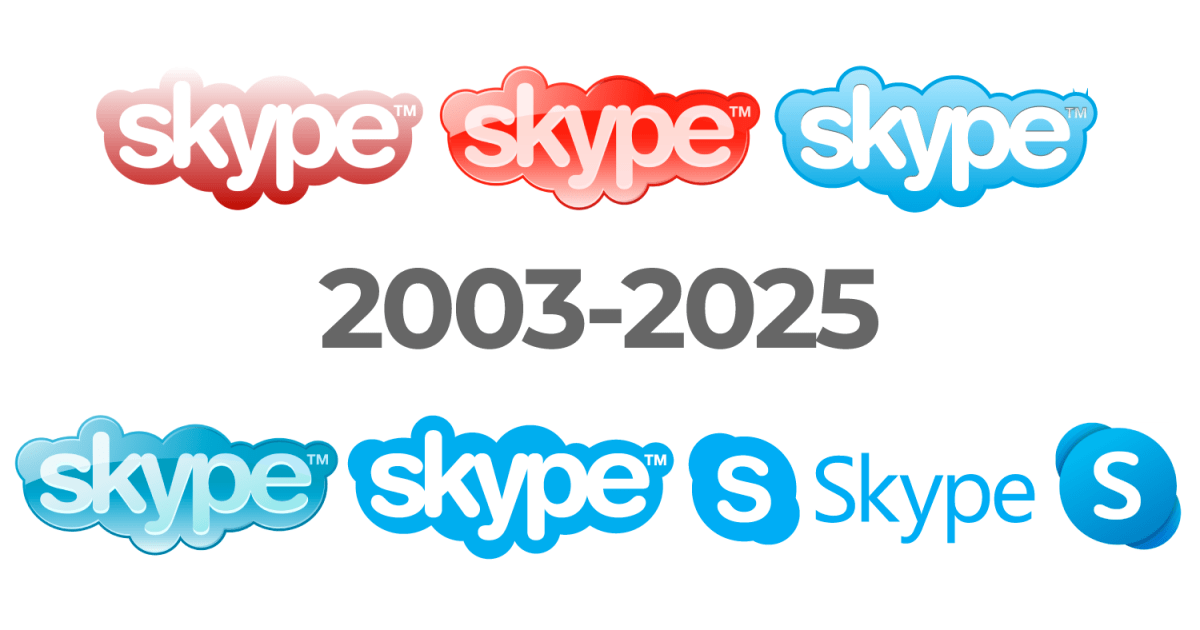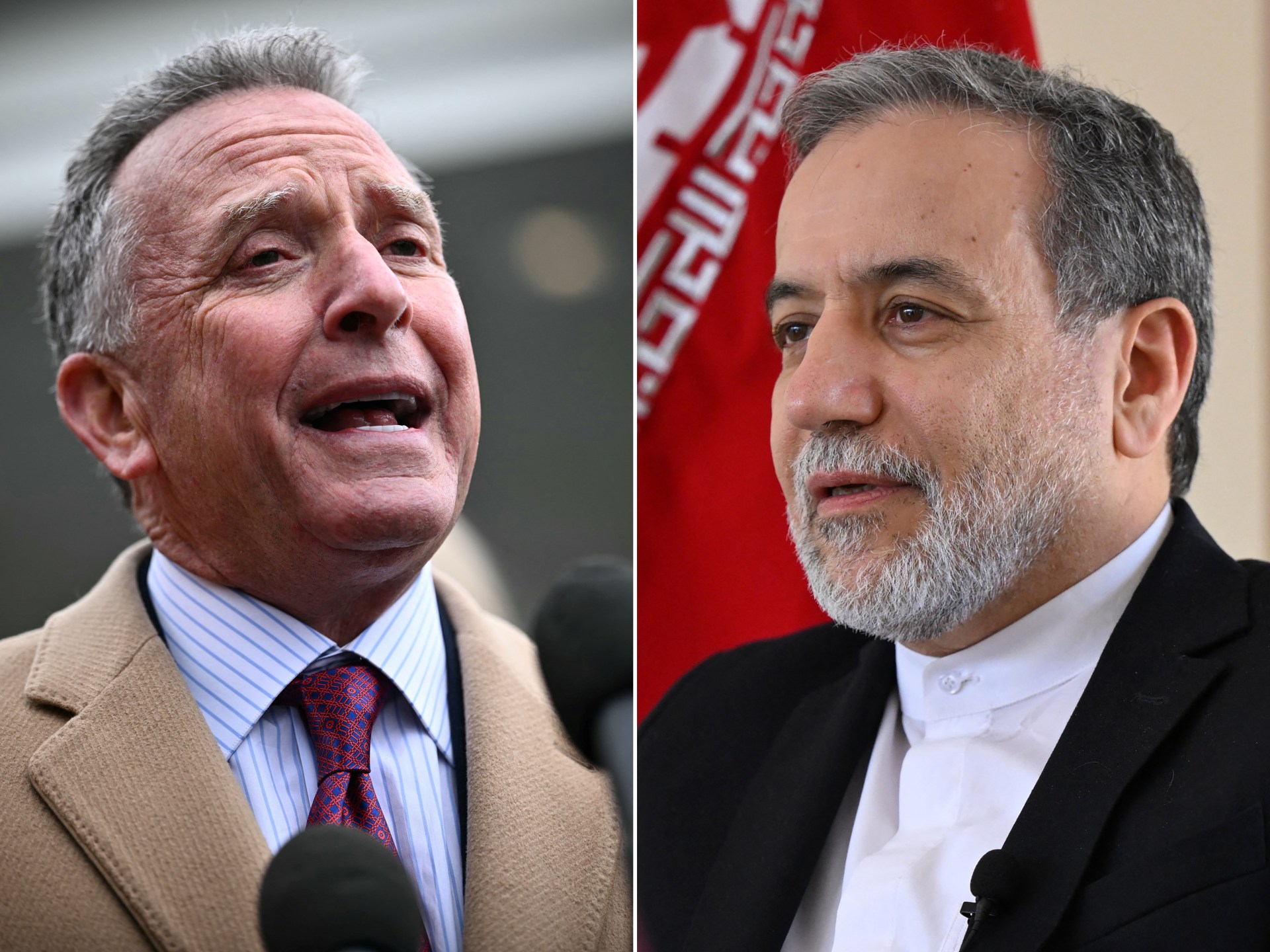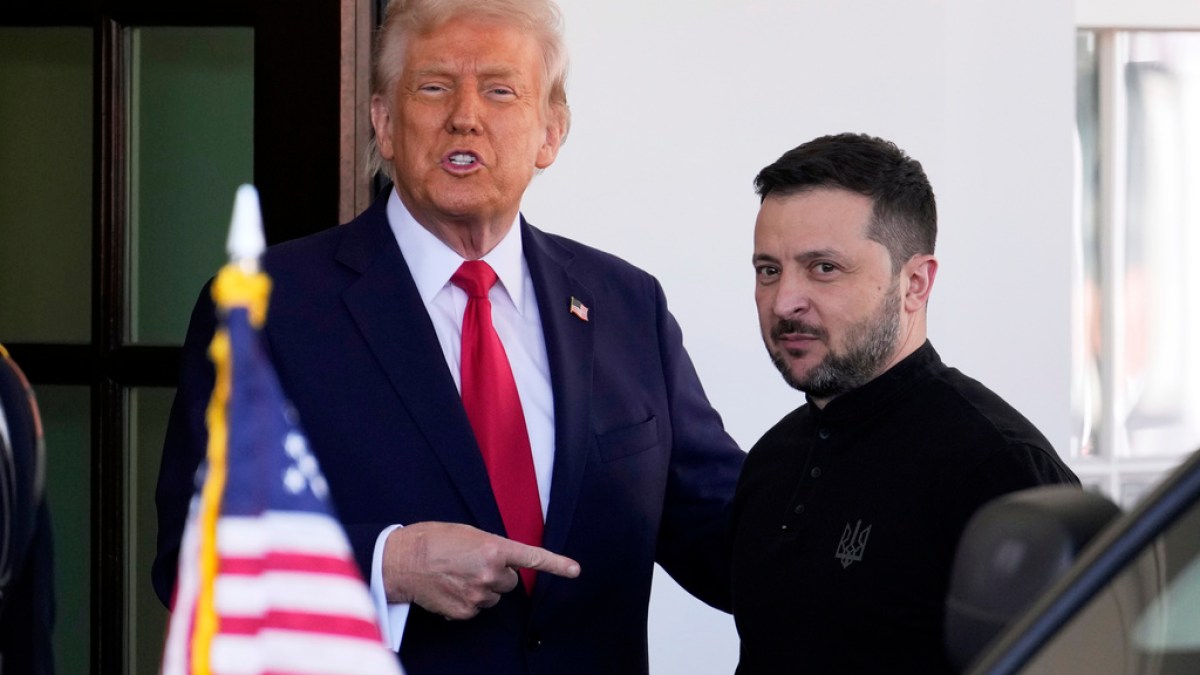

After nearly 22 years of connecting people across the globe, Skype is shutting down on May 5, marking the end of an era for one of the pioneers of internet communication.
Launched in 2003, Skype quickly became a revolutionary tool for free voice and video calls over the internet, amassing more than 300 million monthly users at its peak in the mid-2010s.
list 1 of 4
Meta to test ‘Community Notes’ using algorithm from Elon Musk’s X
list 2 of 4
No, ‘nerds’ and their technologies are not going to save the world
list 3 of 4
Space cowboys: The maverick pioneers of galactic travel
list 4 of 4
What are digital arrests, the newest deepfake tool used by cybercriminals?
end of list
The free platform changed how people communicated across borders, long before Zoom or FaceTime.
Why is Skype shutting down?
In 2011, Microsoft acquired Skype for $8.5bn, aiming to make it a central part of its communications strategy. But as competitors like WhatsApp, Zoom, and eventually Microsoft’s own Teams gained traction, Skype’s popularity faded.
On February 28, Microsoft said it would retire Skype on May 5 to streamline its services and prioritise Teams for communication and collaboration.
The shutdown will impact both free and paid Skype users, but Skype for Business will continue temporarily.
What happens to the existing users and their data?
Microsoft has urged users to transition to Teams by visiting skype.com and utilising the “Start using Teams” feature. All Skype chats and contacts will remain accessible through Teams using the same login credentials.
Advertisement
Users have until January 2026 to download or migrate their data before permanent deletion.
Could you pass a quiz on Skype?
Do you think you know Skype? Answer these 10 questions below to see how well you know its history, features and impact on global communication.
Scroll to view more questions
Related News

Iran and US to kick off second round of nuclear talks

Ukraine says it is poised to sign minerals deal with the US

What do the Gulf states gain from the US president’s historic visit?


